Whisky that’s worth the wait
A fine single malt can be experimental and still be decades in the making
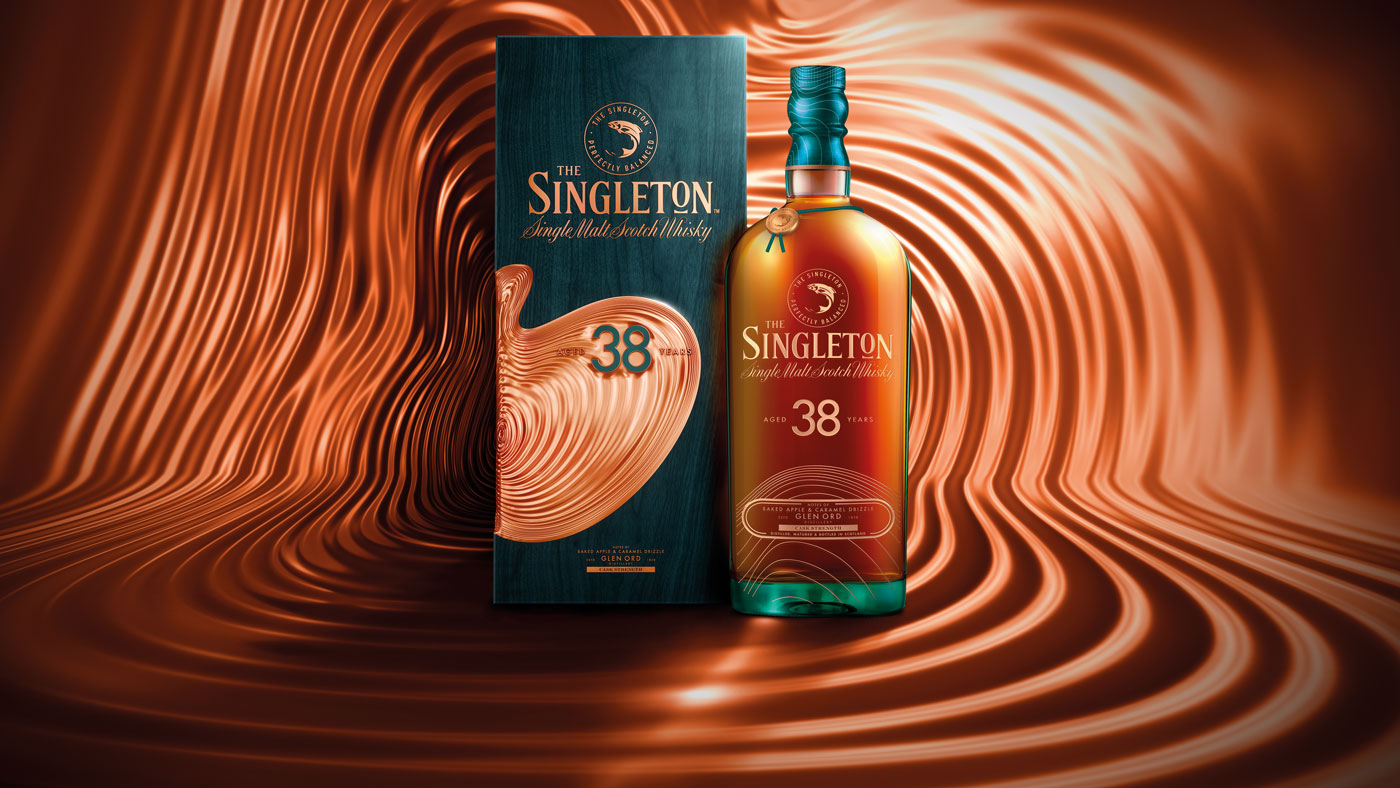
A free daily email with the biggest news stories of the day – and the best features from TheWeek.com
You are now subscribed
Your newsletter sign-up was successful
Silicon Valley is the spiritual home of the start-up “accelerator” – programmes that seek to support and advance early-stage companies. And now, one of these start-ups has brought us the “spirit accelerator”. Bespoken Spirits, a Californian company founded by materials scientist Martin Janousek and entrepreneur Stu Aaron, recently unveiled proprietary technology that they claim can reproduce the taste of a barrel-aged whisky, rum or brandy in three to five days.
The process involves exposing alcohol to “micro staves” of various woods under pressure, not unlike a “Nespresso machine on an industrial scale”. The results have already won Bespoken Spirits awards in blind tastings. But as Judith Evans notes in the Financial Times, “not all drinkers are convinced”. One reviewer at the Oregon-based Whiskey Wash publication said the bourbon was “not bad”, but that “there was very little that was exciting about this drink either”.
The older way to innovate
The Week
Escape your echo chamber. Get the facts behind the news, plus analysis from multiple perspectives.

Sign up for The Week's Free Newsletters
From our morning news briefing to a weekly Good News Newsletter, get the best of The Week delivered directly to your inbox.
From our morning news briefing to a weekly Good News Newsletter, get the best of The Week delivered directly to your inbox.
That verdict should come as no surprise, says the Scotch Whisky Association (SWA). Whisky that is sold in Britain and the European Union must be aged for at least three years. “Those quality definitions of whisky as a traditionally aged product, and other spirits produced with other techniques, should be labelled in a way which doesn’t take unfair advantage of that reputation,” the SWA states.
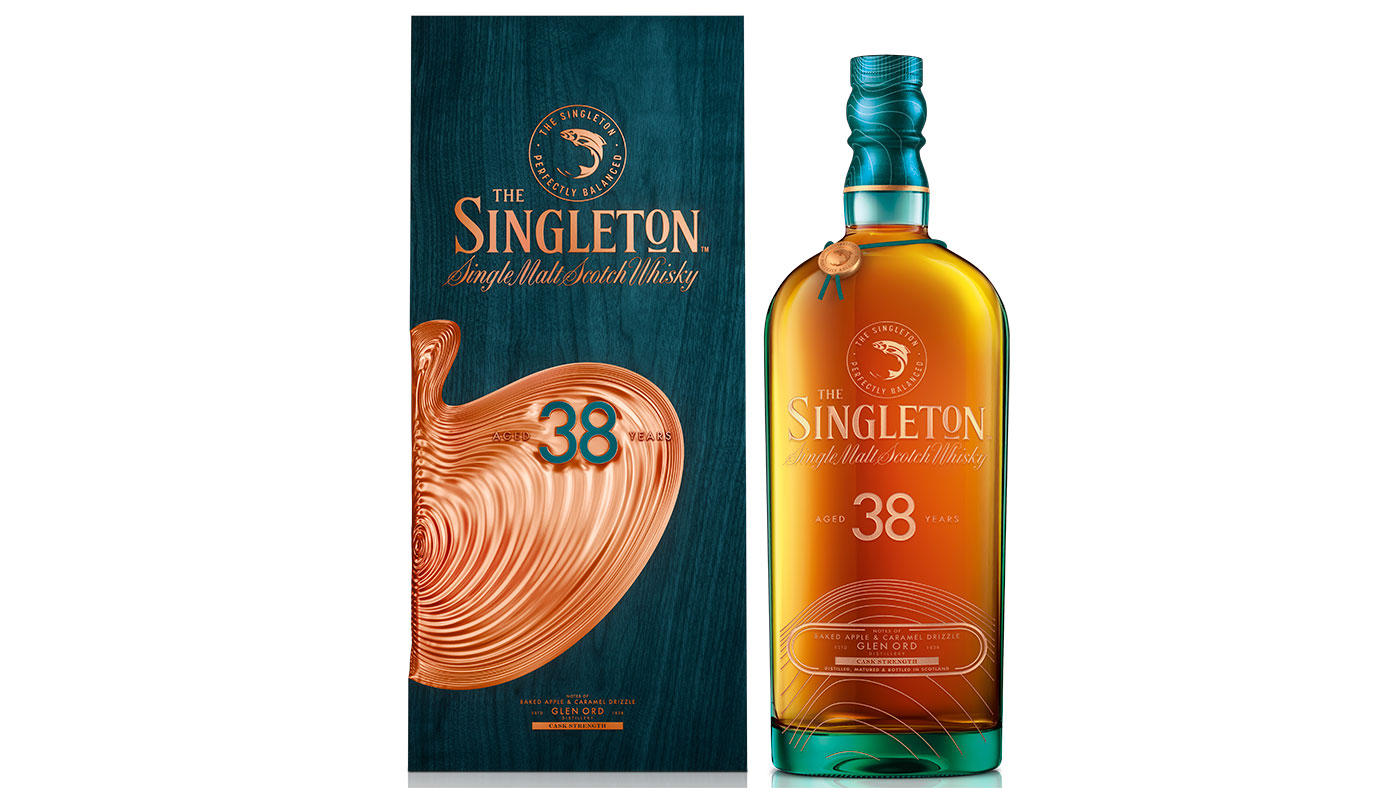
Three years is just the minimum. You can wait much longer and still call your whisky experimental – and the Singleton distillery has done just that. Just over a quarter of a century ago, the distillery’s master of malts, Maureen Robinson, sampled a 12-year-old single malt. She and her team decided to add a second maturation, placing the whisky in a number of experimental casks of used bourbon, Pedro Ximénez oloroso (sherry) seasoned casks and new American oak casks. Then Robinson left it for a while.
After 26 more years, the longest second-maturation in the distillery’s history, she deemed it ready. Talk about patience. The has “a thick, creamy texture and a vibrant, sweet start in which rich opening notes of fudge lead smoothly into a lightly spicy, intense and fruity taste suggesting cinnamon-spiced baked apple, drying gently into an autumnal peppery warmth that envelopes the palate”, according to the tasting notes. Just 1,689 bottles are being made available, priced at £2,100 (malts.com).
The rewards of patience
A free daily email with the biggest news stories of the day – and the best features from TheWeek.com
The 38-year-old whisky was “crafted in an era that was very exciting at The Singleton – a time of flavour experimentation and innovation across our whisky-making”, says Robinson. “I remember tasting... samples just three years into the secondary maturation and I was struck how, even at such an early stage, we could identify the richness of flavour the new casks had presented. To mature those casks for more than two decades further was an exploration of how it is possible to unearth exceptional flavour within whisky.” In other words, it pays to take your time when trying new things – even if it does take you 26 years.
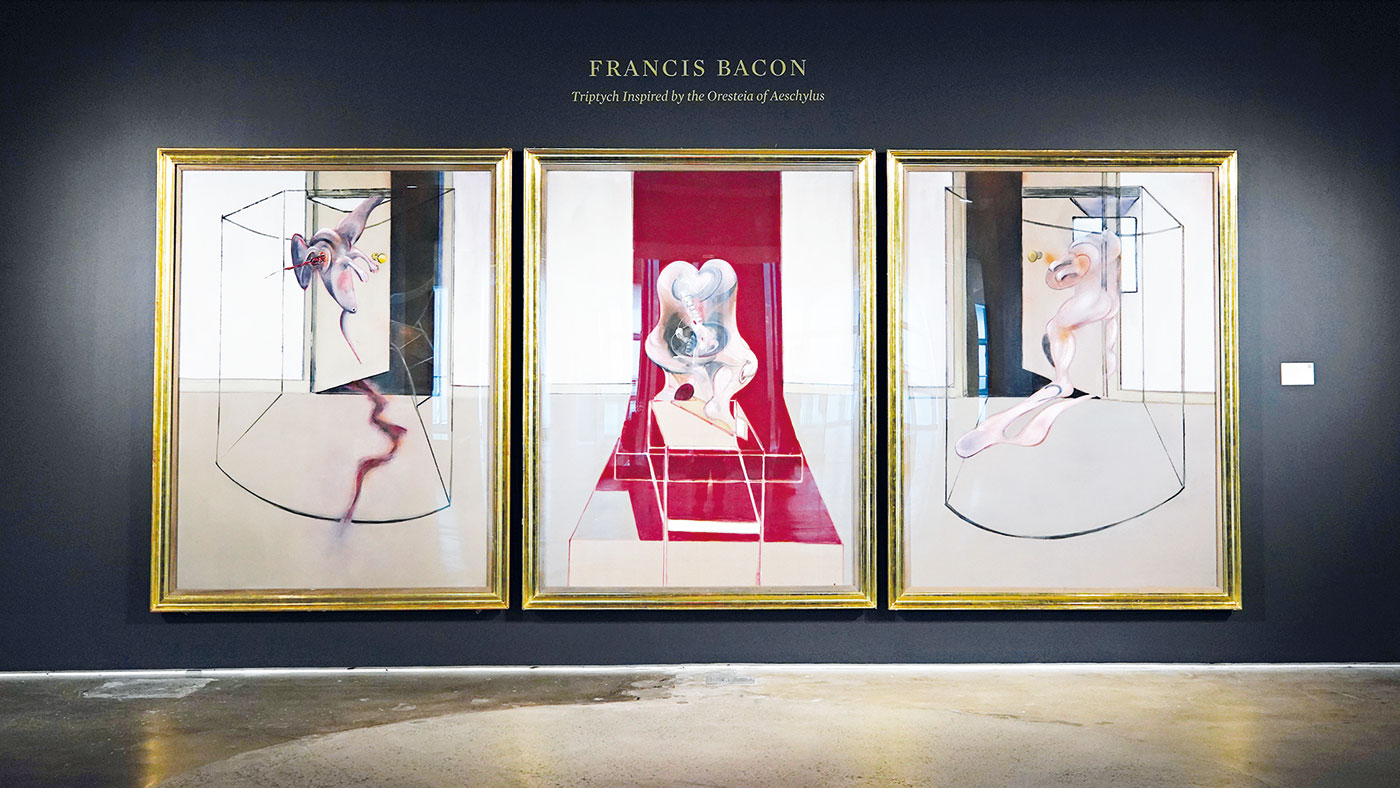
Bagging a profit
Now is an auspicious time to be bringing out a new whisky. After all, “drinkable investment asset classes have always done well in a downturn, perhaps as their owners have looked to drown their sorrows”, notes Andrew Shirley in the October update of Knight Frank’s The Wealth Report. “Both rare whisky and wine have shown reasonable gains over the past 12 months.”
Rare whisky as a collectable asset, in particular, has appreciated by 12% in the 12 months to July. That was the second best of any collectable except for handbags, which have risen by a fifth in value, according to the Knight Frank Luxury Investment Index.
And over the decade, whisky is still well out in front of the other sub-indices, with a 535% increase compared with 115% for handbags and 212% for cars. Cheers, indeed.
This article was originally published in MoneyWeek

-
 Local elections 2026: where are they and who is expected to win?
Local elections 2026: where are they and who is expected to win?The Explainer Labour is braced for heavy losses and U-turn on postponing some council elections hasn’t helped the party’s prospects
-
 6 of the world’s most accessible destinations
6 of the world’s most accessible destinationsThe Week Recommends Experience all of Berlin, Singapore and Sydney
-
 How the FCC’s ‘equal time’ rule works
How the FCC’s ‘equal time’ rule worksIn the Spotlight The law is at the heart of the Colbert-CBS conflict
-
 The rise of Japanese whisky
The rise of Japanese whiskyThe Week Recommends Japanese distillers are giving Scotch a run for its money
-
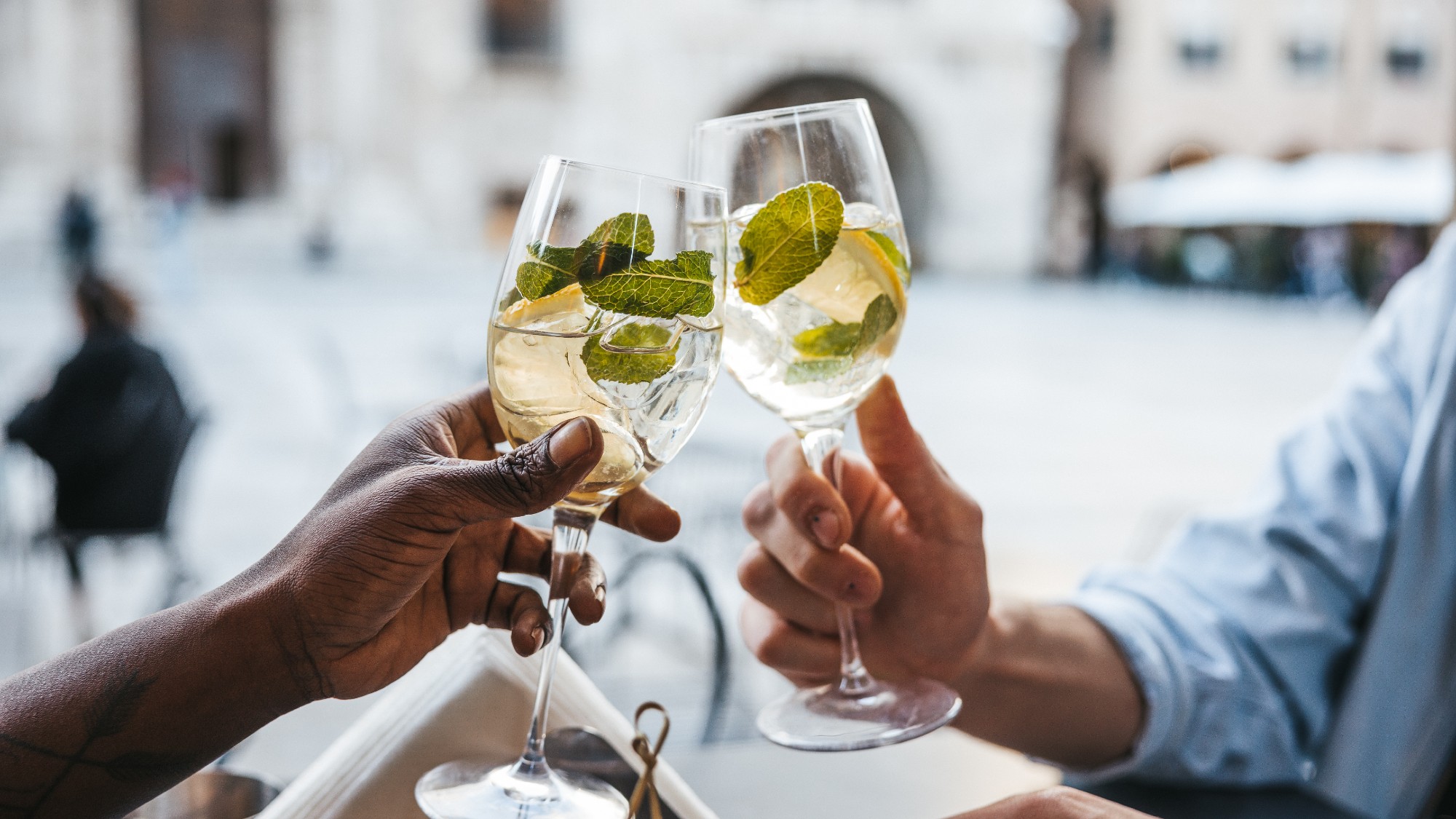 7 bright cocktails to usher in spring
7 bright cocktails to usher in springThe Week Recommends The brisk months require a certain kind of drinking
-
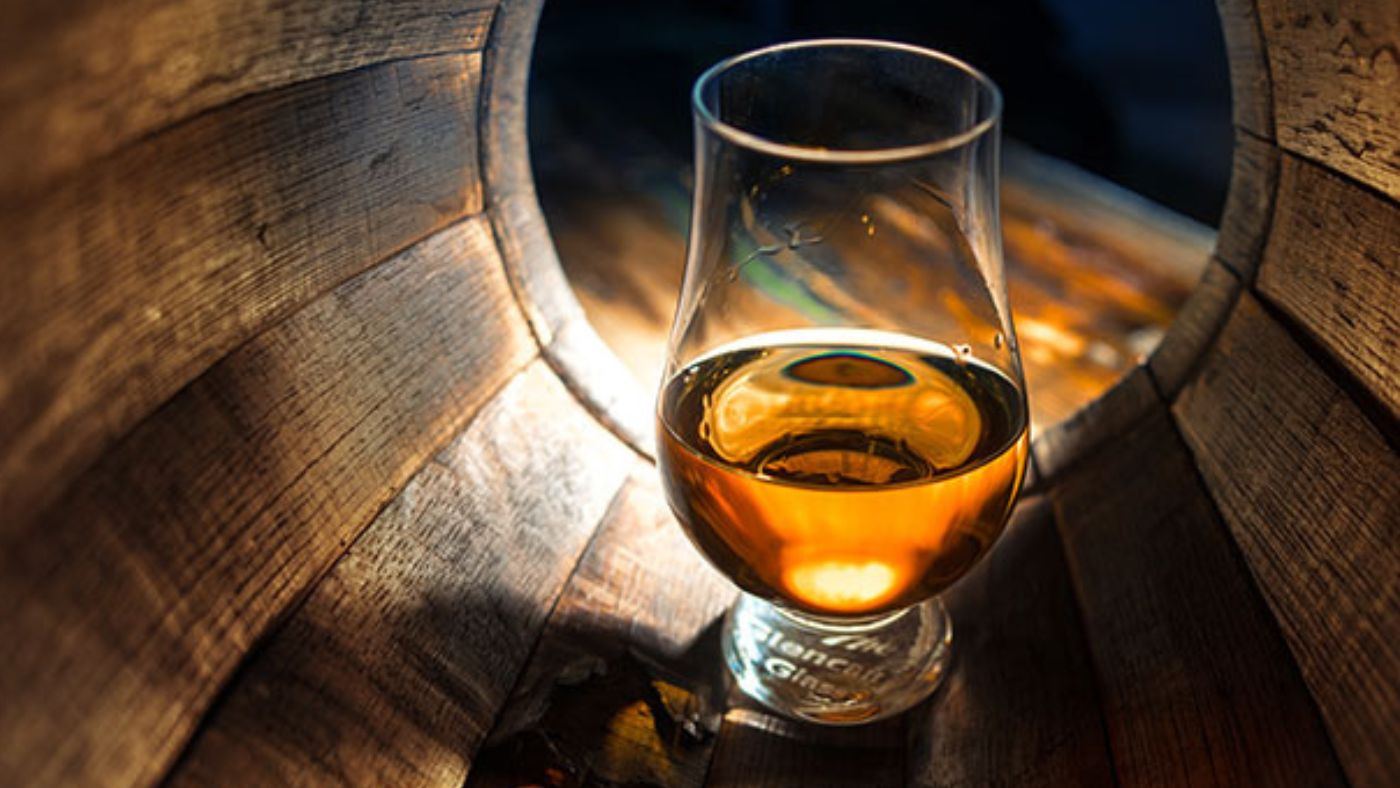 A whisky tour of Scotland: best whisky experiences and distilleries
A whisky tour of Scotland: best whisky experiences and distilleriesThe Week Recommends Take in the sights along with a dram or two in the ‘home’ of whisky
-
 Sport on TV guide: Christmas 2022 and New Year listings
Sport on TV guide: Christmas 2022 and New Year listingsSpeed Read Enjoy a feast of sporting action with football, darts, rugby union, racing, NFL and NBA
-
 House of the Dragon: what to expect from the Game of Thrones prequel
House of the Dragon: what to expect from the Game of Thrones prequelSpeed Read Ten-part series, set 200 years before GoT, will show the incestuous decline of Targaryen
-
 One in 20 young Americans identify as trans or non-binary
One in 20 young Americans identify as trans or non-binarySpeed Read New research suggests that 44% of US adults know someone who is transgender
-
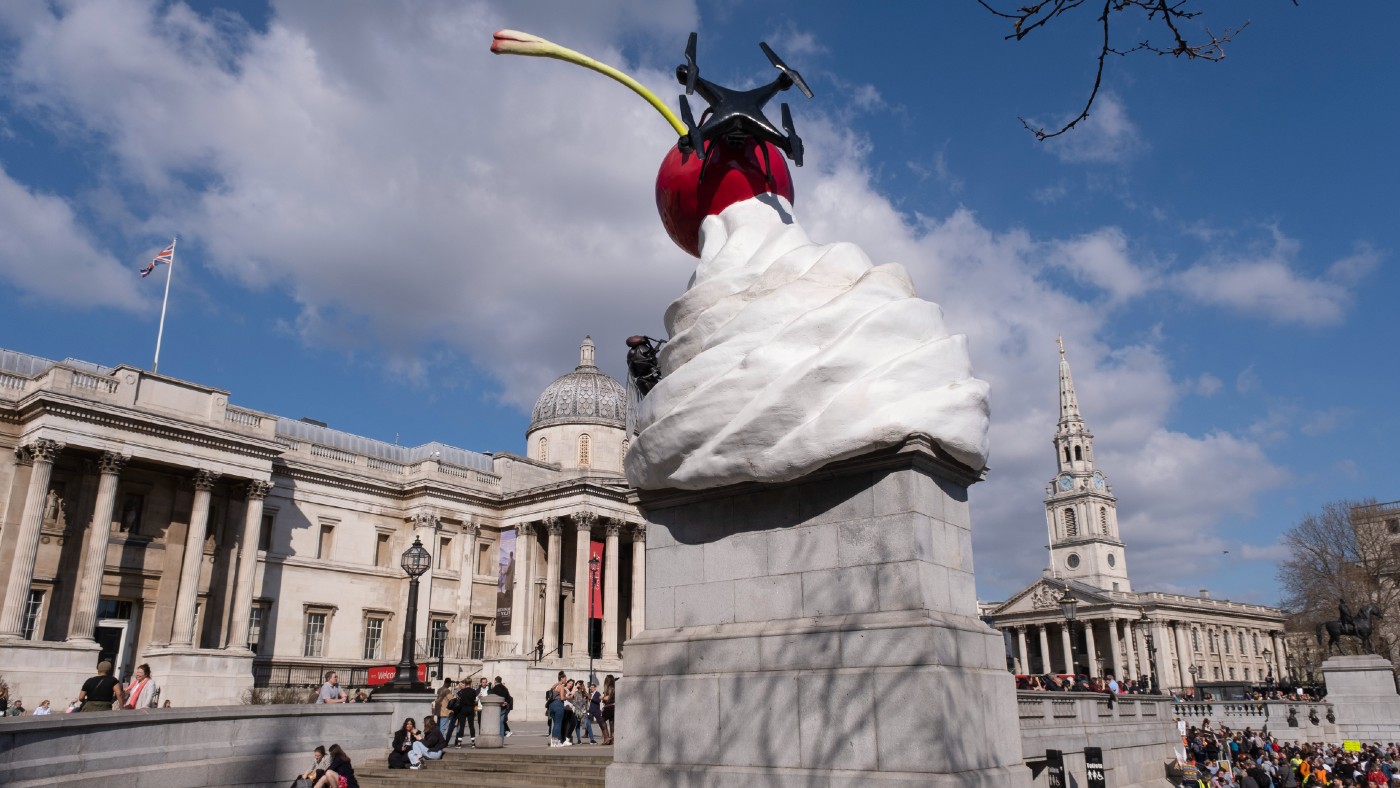 The Turner Prize 2022: a ‘vintage’ shortlist?
The Turner Prize 2022: a ‘vintage’ shortlist?Speed Read All four artists look towards ‘growth, revival and reinvention’ in their work
-
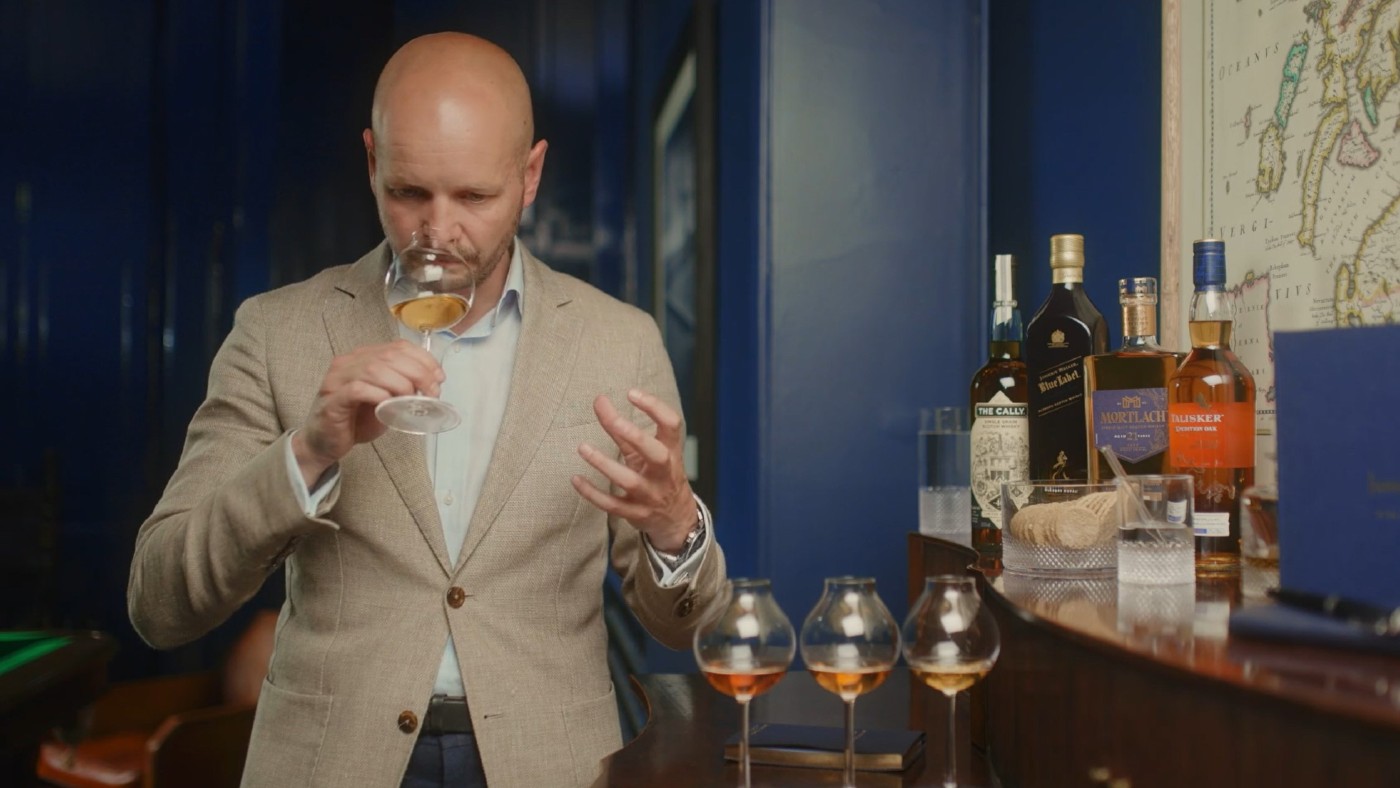 Review: The Art of Collecting Rare Whisky by Justerini & Brooks
Review: The Art of Collecting Rare Whisky by Justerini & BrooksThe Week Recommends Learn how to start your own rare whisky collection with this interactive virtual masterclass